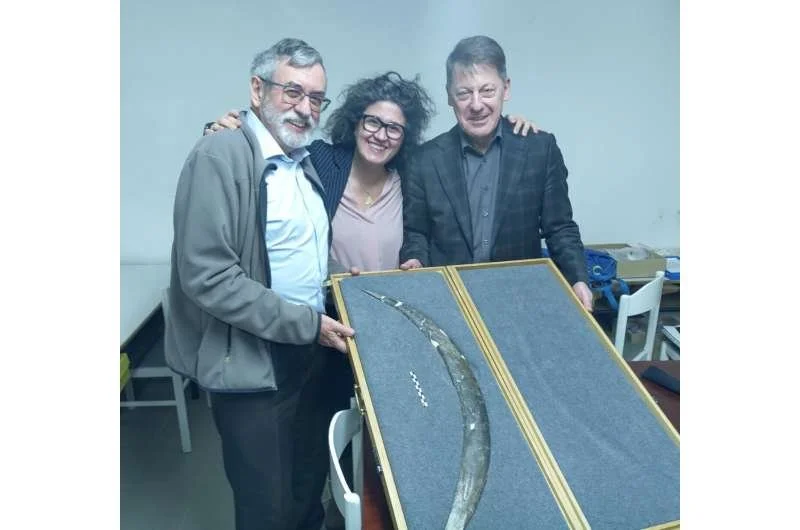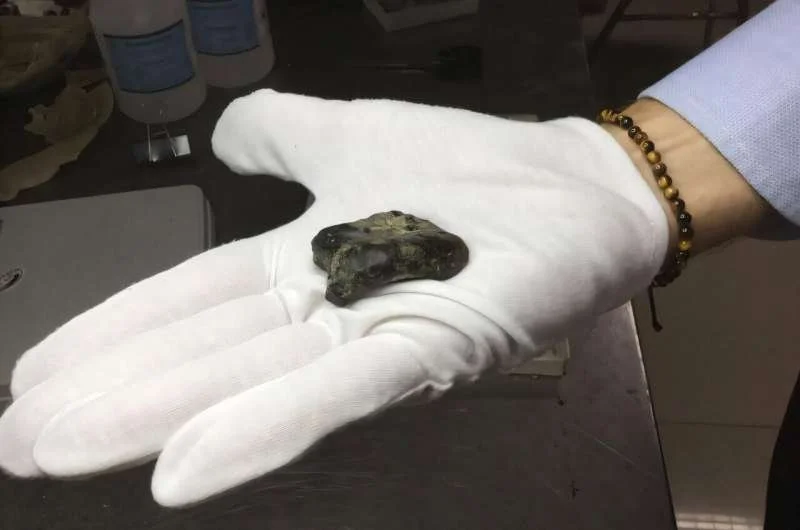In the fall, two enormous sculptured stone heads that were found during the excavation of Carlisle's Roman Bathhouse will be put on display.
The well-preserved heads have been described as "rare and priceless"
The "once in a lifetime" discoveries were made at the city's cricket club during a communal dig.
At the location of what is thought to be the largest building on Hadrian's Wall, over 1,000 items have been discovered since 2021.
At Tullie House, the 1,800-year-old artifacts will be on display.
The sandstone artifacts were once a part of full-figure sculptures that were between 3.5 and 4.5 meters (12 to 15 feet) high.
Frank Giecco, the lead archaeologist, described them as "unique and priceless."
The finds will be displayed at Tullie House from 23 September
Even though several of these artefacts were just uncovered by our volunteers this summer, Mr. Giecco noted that they are already well-known discoveries on a global scale.
"We hope that this exhibition can convey the significance of Roman Carlisle and the utter uniqueness of these finds."
The Digging Deeper show, which runs from September 23 to November 11, will include the heads, a group of intaglios (carved jewels), and a stone carving of a dolphin.
According to Mr. Giecco, the carvings on jewels depicted mythological tales and provided insight into the thoughts of Roman bathers from 1800 years ago.
Volunteers have been working at the site since 2021
The actual excavation was a collaborative effort involving more than 1,678 volunteer days over the course of the previous two years.
"When we first started exploring the site for the new cricket pavilion six years ago, I told Frank Giecco to find either nothing or to truly find something immense, and without a doubt he's delivered," said Mike Rayson, chairman of Carlisle Cricket Club, which owns the artifacts.
"We are rewriting Carlisle's history, it just takes it to a different level, the immenseness of it," one researcher said of the site's discoveries.









